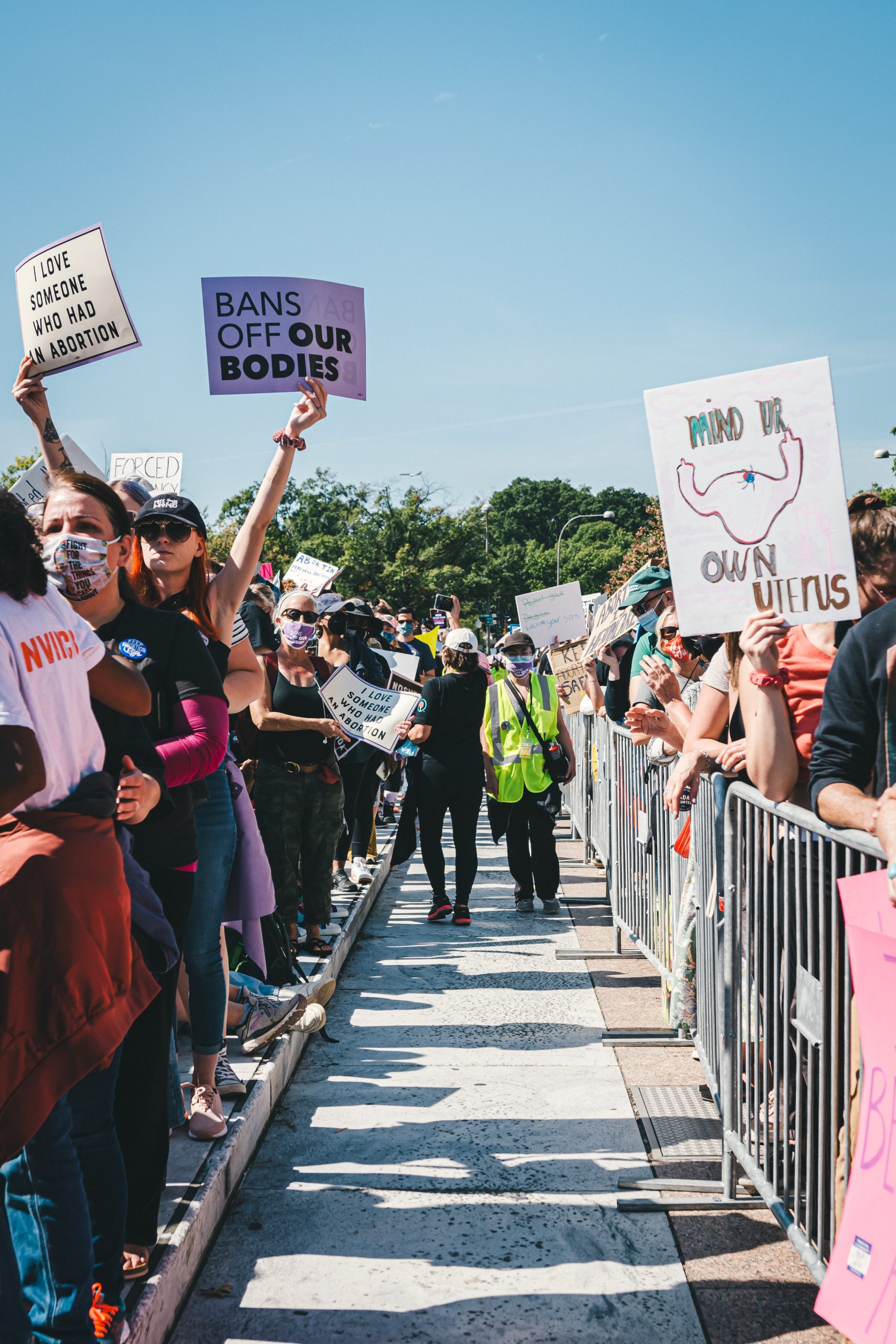Systemic injustice is a pervasive problem that affects millions of people across the globe. From racial discrimination to gender inequality, there are many ways in which systemic injustices manifest themselves in society today. While it can be difficult to know where to start when it comes to fighting against these issues, legal advocates have emerged as an essential force for change. In this blog post, we’ll explore how legal advocates are using their expertise and passion to combat systemic injustice and create a more just world for all of us.
The Root of the Problem
Systemic injustice is a complex issue that has its roots in history. It’s the result of centuries of oppression and inequality, which have been perpetuated by social, economic, and political systems. While many people may be aware of these problems on some level, it can be difficult to truly understand their impact unless you’ve experienced them firsthand.
One significant problem with systemic injustice is its pervasiveness; it affects every aspect of society from education to healthcare. This means that marginalized communities face barriers wherever they go – whether it’s getting a job or accessing basic services like housing or food.
Another key factor contributing to systemic injustice is the lack of diversity in positions of power. When decision-makers come from similar backgrounds and hold similar beliefs, they’re less likely to take into account the needs and perspectives of those who are different from them.
Ultimately, understanding the root causes behind systemic injustices is essential if we want to address these issues effectively. By recognizing where these problems stem from, we can begin working towards meaningful solutions that will create real change for everyone impacted by this pervasive issue.
The Role of Legal Advocates
Legal advocates play a crucial role in the fight against systemic injustice. They are professionals who have dedicated their careers to ensuring justice is served and that everyone, regardless of their background or social status, has access to legal representation.
The primary responsibility of legal advocates is to represent individuals or groups who have been subjected to injustices, such as discrimination or unequal treatment by government institutions. They work tirelessly on behalf of these clients to ensure that they receive fair treatment under the law.
Legal advocates also use their expertise and knowledge of the legal system to challenge laws and policies that perpetuate systemic injustice. By advocating for changes in legislation or regulatory practices, they can help create a more equitable society for all.
In addition to representing clients and advocating for policy changes, legal advocates also play a critical role in educating communities about their rights and how the legal system works. Through community outreach programs and educational initiatives, they empower people with knowledge so they can better protect themselves from injustices.
Legal Advocates serve as an essential tool in fighting against systemic injustice by providing support for those affected directly while working towards ending unjust practices through advocacy work while empowering communities through education on civil rights issues.
Strategies for Fighting Systemic Injustice
Fighting against systemic injustice may seem like a daunting task, but there are various strategies that legal advocates implement to create change. One of the most effective methods is through education and awareness-raising campaigns. This involves educating individuals on their rights and how they can advocate for themselves in situations where they face discrimination or unfair treatment.
Another strategy is through policy advocacy, which entails working with lawmakers to introduce legislation that addresses systemic issues. Legal advocates also work towards holding institutions accountable by filing lawsuits against those responsible for perpetuating injustices.
Collaboration is another key strategy utilized in fighting systemic injustice. By partnering with other organizations and communities affected by these issues, legal advocates can amplify their voices and work together towards creating meaningful change.
Additionally, community organizing plays a crucial role in combatting systemic injustice. Through grassroots movements, community members can come together to demand accountability from those who hold power and push for structural changes within institutions.
There are numerous strategies that legal advocates employ when fighting against systemic injustice. By utilizing education campaigns, policy advocacy, collaboration efforts, and community organizing tactics – we can take steps towards creating a more just society for all individuals regardless of race or background.
Conclusion
Systemic injustice is a deep-rooted issue that has plagued our society for far too long. It affects all of us, regardless of race or social status. Legal advocates play an important role in fighting against systemic injustice by challenging the laws and policies that perpetuate it.
Through their dedication and hard work, legal advocates have been able to make significant progress towards achieving justice for marginalized communities. However, there is still much work to be done.
To truly overcome systemic injustice, we must continue to support and amplify the voices of those who are most affected by it. We must hold our leaders accountable for creating fair and equitable policies. And above all, we must never stop fighting for what is right.
By working together with legal advocates and other allies in the fight against systemic injustice, we can create a brighter future for ourselves and generations to come. Let us continue this important work until true justice is achieved for all members of our society.









